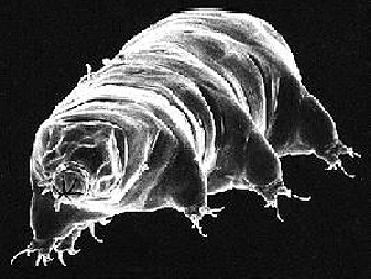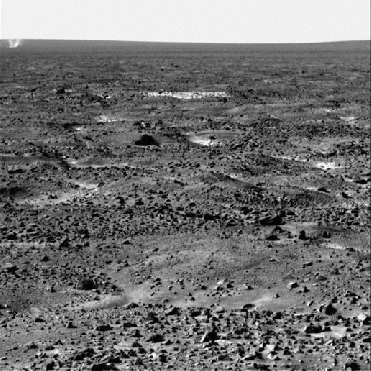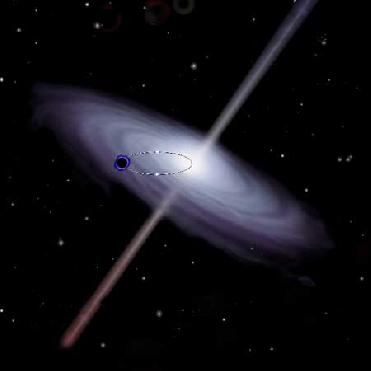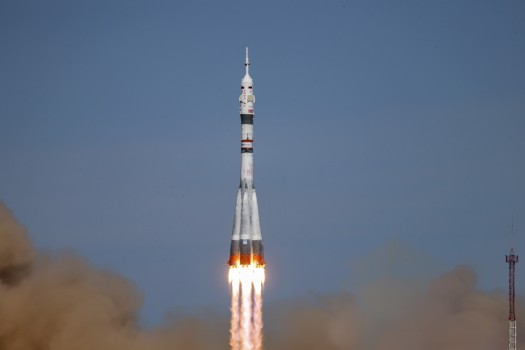
LONDON (BNS): Can you imagine anything surviving in outer space? No? The answer might just surprise you. According to the latest issue of Current Biology, Tardigrades can survive in space in low Earth orbit. Tardigrades are tiny roly-poly invertebrates that live in lakes and oceans and among mosses and lichens. They are also popularly called water bears.
European researchers K Ingemar Jonsson of Kristianstad University in Sweden and his colleagues, who conducted the research, in a published article in Current Biology state that Tardigrades when exposed to the vacuum of space and ultraviolet radiation survived.
The researchers had sent two species of Tardigrades aboard a 2007 European Space Agency mission that reached low-Earth orbit, about 160 miles up.
Researchers say tardigrades survived vacuum-only conditions quite well. Researchers said that this is perhaps not surprising, since water bears are able to deal with extreme dehydration. They said that the specimens used in the experiment were thoroughly desiccated, and upon re-entry they were re-hydrated and were revived.
The Current Biology states that even a few of the specimens exposed to the full spectrum and intensity of ultraviolet radiation, about 1,000 times as intense as that on Earth, survived. “Thus the water bears join some lichens and bacteria as the only species known to be able to cope, unprotected, with both vacuum and solar radiation in space,” the magazine stated.
 Previous Article
Previous Article Next Article
Next Article












The Indian Air Force, in its flight trials evaluation report submitted before the Defence Ministry l..
view articleAn insight into the Medium Multi-Role Combat Aircraft competition...
view articleSky enthusiasts can now spot the International Space Station (ISS) commanded by Indian-American astr..
view article